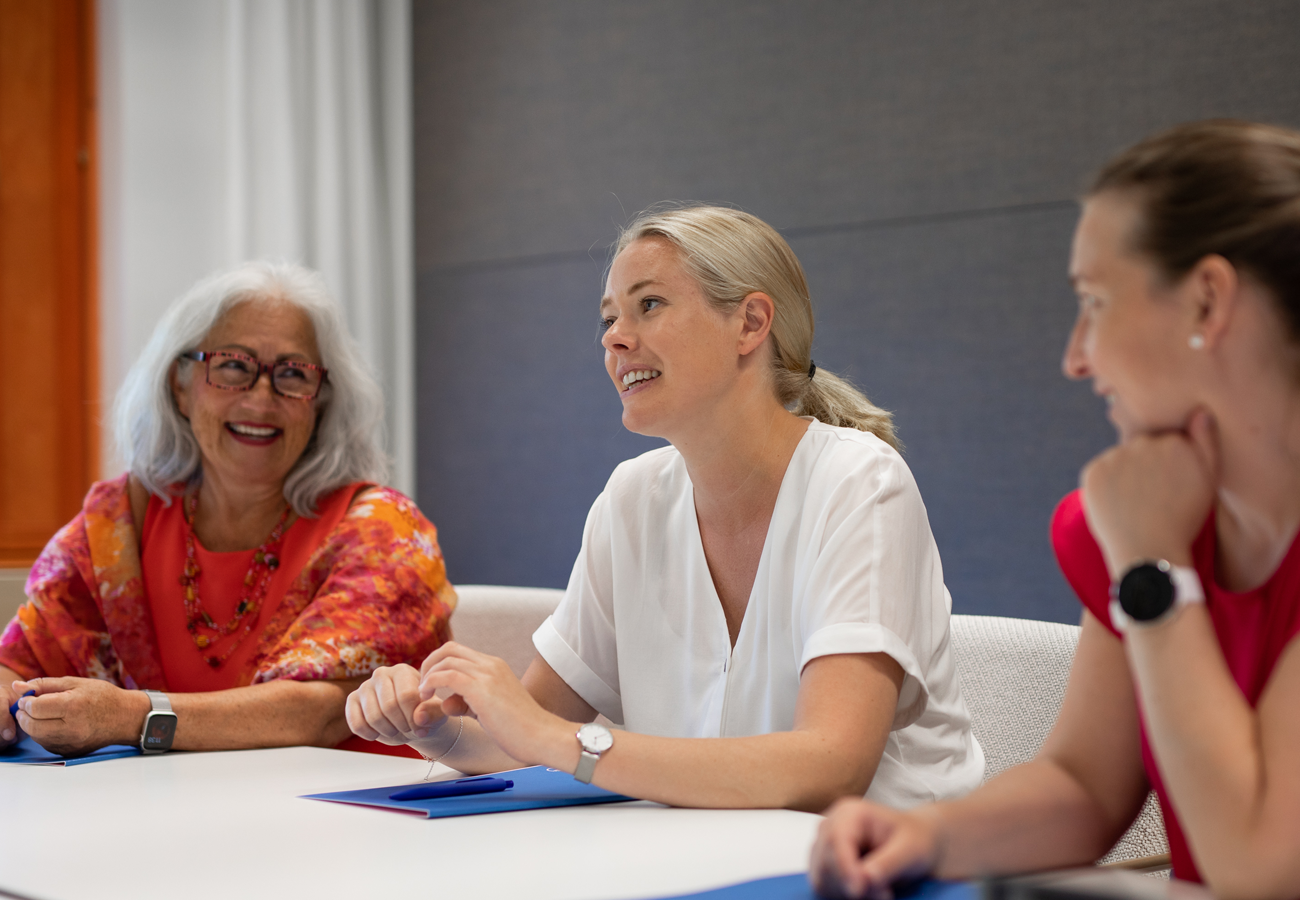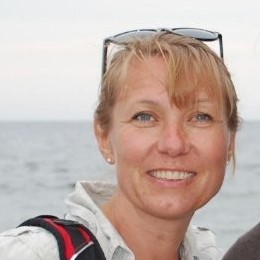A Sustainable Working Life for All Ages

About this webinar
This webinar introduces participants to theories, concept and tools for a healthy and sustainable working life for all ages. The participants will learn how the SwAge-model and tools can be applied to work and health research, policy and practice.
Main topics
The SwAge-model visualizes the complexity of working life and various factors relevant to a sustainable working life for all ages. The model incorporates the four impact and determinants spheres, divided into nine determinant areas, of employability and considerations whether individuals can and want to participate in working life or not, i.e.:
- Health effects of the work environment;
- 1. self-rated health, diagnoses and disability function variation,
- 2. physical work environment and injury prevention,
- 3. mental work environment, stress, effort/reward balance, violence and threats,
- 4. working hours, the pace at work, and recovery time,
- Finance;
- 5. Private finances,
- Relationships and support;
- 6. Private social environment, family situation, partner, leisure interactions, socialisation,
- 7. Work social environment, participation, social support, leadership and managerial attitudes, discrimination,
- Performance of tasks;
- 8. stimulating and self-crediting tasks, core in work, and work satisfaction,
- 9. knowledge, skills, competence, and opportunities for development
Target groups
OSH experts, practitioners and researchers
Subject background
In 2080, the number of people older than 65 years of age is estimated to be 61,1 per 100 people of working age in the OECD countries. Rapid ageing of the population contributes to increased pressure on the society.
Due to global demographic changes, many more people will need to work until an older age, and organisations and enterprises need to implement measures to facilitate a sustainable working life to all ages and an extended working life. Providing healthy and sustainable working life is important for building healthy societies.
To handle the increased number of senior employees in workplaces, managers and HR needs tools for age-conscious leadership and toward a sustainable working life for all ages.
Contact persons
Lecturers
Kerstin Nilsson
Professor, Docent & Dr.Med.Sc. in Public Health, Epidemiology Docent & PhD in Work Science Kristianstad University, Division of Public Health & Lund University, Division of Occupational and Environmental Medicine, Sweden
email: kerstin.nilsson@hkr.se
In practical matters, please contact
Morten Jakobsen
Project Manager & Sustainability Advisor
NIVA Education
email: morten.jakobsen@niva.org





